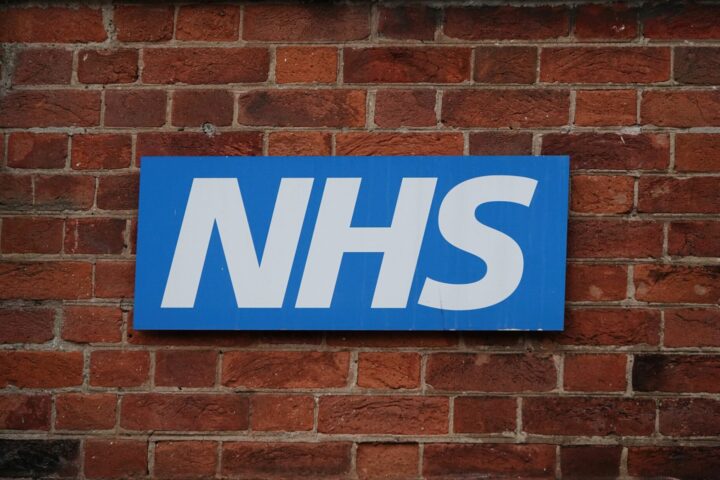Starting 1st April 2025, employees in Agenda for Change pay bands 1, which operates on a closed spot salary, and both pay points of band 2, will receive an advance on the 2025/26 pay award to ensure compliance with the updated national living wage.
The government announced in October 2024 that the National Living Wage would rise to £12.21 per hour from 1st April 2025.
To maintain pay differentials, the entry point of band 3 will also see an hourly pay increase of 28p.
As a result, staff in band 1, band 2, and the entry point of band 3 will see their hourly rates temporarily increase.
For band 1 and both pay points in band 2, the current rate of £12.08 per hour will rise to £12.36 per hour, equating to an annual salary of £24,169.
The entry point of band 3 will increase from £12.31 to £12.59 per hour, with an annual salary of £24,625.
The top of band 3 remains at £13.13 per hour, with no changes applied.
No adjustments will be made to other pay points at this time.
To ensure a seamless transition, the payroll system will be updated automatically via the Electronic Staff Record system.
This will eliminate the need for manual intervention, with further details set to be shared in the next ESR release communication.
Employing organisations will need to identify affected staff and ensure their pay complies with the new rates.
This includes addressing national minimum wage requirements for those impacted by salary sacrifice arrangements, uplifting rates for bank workers under local contracts to meet the national living wage, and ensuring that apprentices receive appropriate adjustments as per statutory provisions and contractual agreements.
Employers must also review the forthcoming ESR release communication to identify any additional local adjustments required and communicate the changes to affected staff.
Employees will need to be informed that the uplift is an advance on the 2025/26 pay award, and any implications related to salary sacrifice arrangements must be highlighted.
Helga Pile, head of health at UNISON commented: “If the government did the right thing and delivered a decent pay rise on time, there’d be no need for this endless cycle of interim top-ups to stop NHS wages dropping below the legal minimum.
“Ministers have to move away from the glacial pay review body process that’s unable to keep up with the 1 April date each year when staff are due their annual wage increase.
“NHS workers, unions and employers expected to see the government make good on promised direct talks in the current financial year so low pay issues could be resolved properly, by modernising wage bands.
“A system that grinds along needing emergency action every year to correct illegal wages is clearly not working.
“That does nothing to help morale or make essential workers feel valued because of successive government failures to sort out low pay for good.
“It also means that when the annual pay rise does come, the staff on the lowest bands will be little or no better off.
“The annual farce of having to raise the lowest hourly rates to avoid the NHS paying illegal wages is not helping recruitment either.
“Health services remain many thousands of workers short, yet staff are key to getting the NHS back on its feet.
“Recruitment rates won’t rise if the lowest wages continue to hover barely above the legal minimum.
“NHS pay is once again lagging behind the real living wage rate of £12.60 an hour, which supermarkets chains are already putting in place.
“With pay so close to the legal minimum, tens of thousands of NHS staff will be excluded from cost-spreading salary-sacrifice schemes that actually help their higher paid colleagues manage expenses like car parking and childcare.
“There’s been no sign of government action on this despite unions and employers both drawing attention to the continuing unfairness.
“There’s no doubt staff will be left with little choice but to leave for jobs with better pay and less stress at a time when the NHS must do all it can to boost its workforce to tackle the treatment backlog.
“The extra time and resources spent on administration to fix this problem each year are also at odds with the government’s efficiency drive.”

















